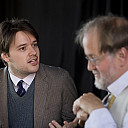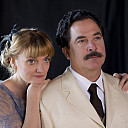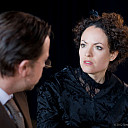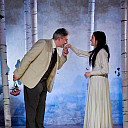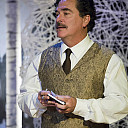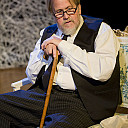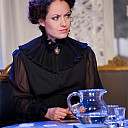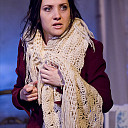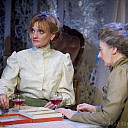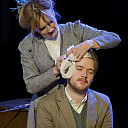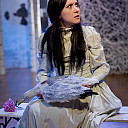The Seagull
By Anton Chekhov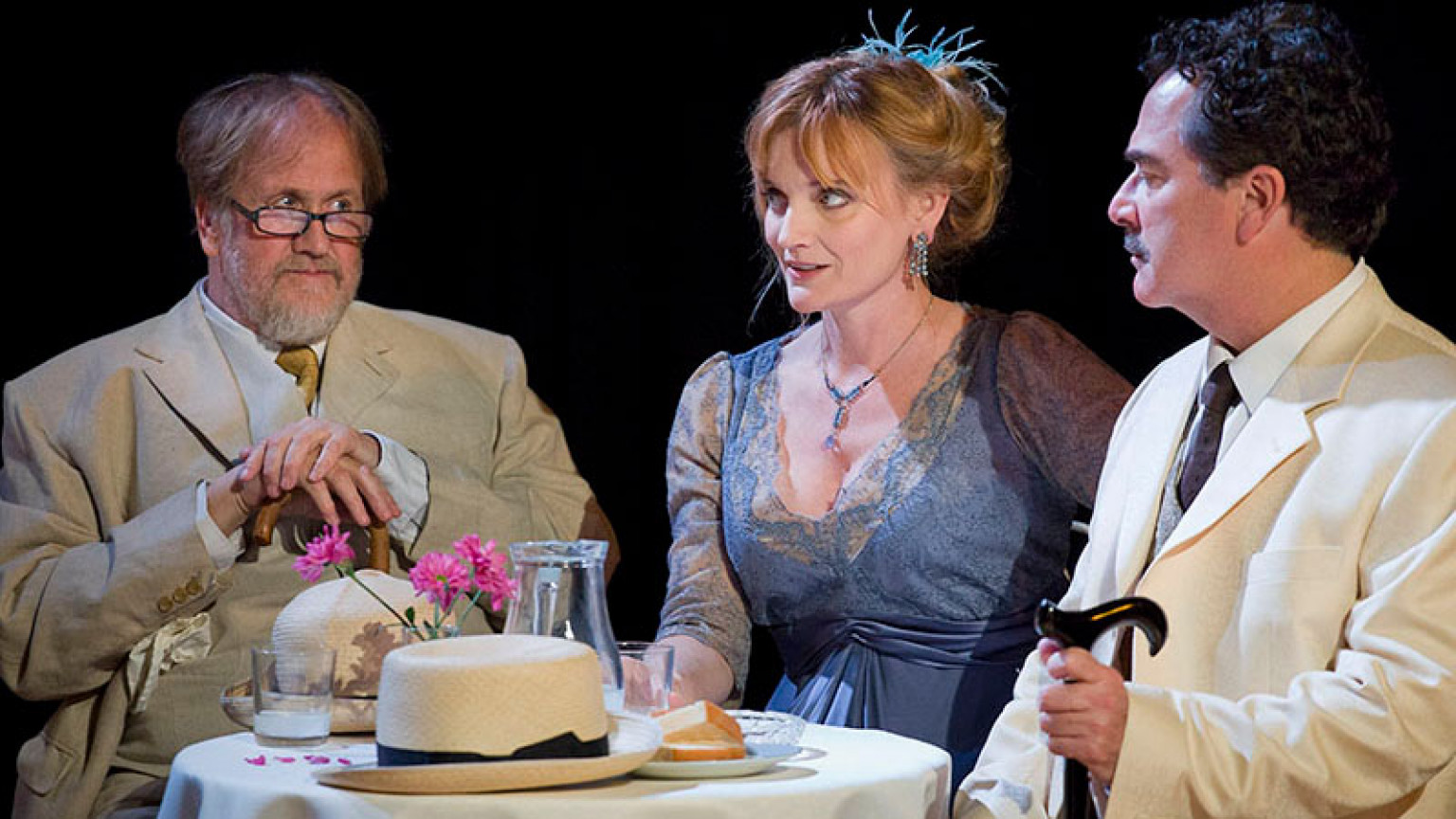
A joint production with our sister inclusive company Pepper’s Ghost. All the characters in this play are dissatisfied with their lives in some way. Some suffer unrequited love, whilst others are unhappy about their careers and lives in general. Their dreams elude them and they are unable to find happiness. By the end of the play the only person to have changed her life dramatically is Nina. She has been brave enough to follow her dreams, but at a huge cost to her mental well being.
This was a joint production with our sister inclusive company Pepper's Ghost. Joint production offer the chance for non professional actors to work with professional actors in an exciting collaboration.
The Seagull
“The Seagull” was a joint production between the fantastic local theatre company Pepper’s Ghost and their related professional arm, The Play’s The Thing – and it’s becoming a testament to how well all the performers are doing that in most cases I don’t think it’s easily apparent which are the professionally working actors and which are the talented MK ‘amateurs’. So a lot of games were raised to a very high bar in this show, and that was just on the opening night when I went along! I always enjoy writing reviews of Pepper’s Ghost / TPTT plays – even when the piece itself is not to my own personal tastes, the production values are always a knockout. Chekhov’s “The Seagull” falls in a kind of half-way house between ‘the sort of thing I really like’ and ‘not Matthew’s cup of tea’: I’ve read the script a couple of times over the years, and never really got what all the fuss was about. But seeing it brought to life like this made me realise what I’d been missing on the page! It’s a play about the clashes between old and new, between the head and the heart, and between sensitivity and INsensitivity. NOW I get it. As a writer myself (sort of), the most compelling conflict (of the several conflicts with which the play concerns itself) was that between the thin-skinned young playwright Konstantin, feverishly trying to shift the boundaries of his art; and the older novelist Trigorin, seemingly trapped by his own limitations and the rut of his own craft. Both are doomed by their own painful self-awareness to struggle towards goals they may never be able to achieve, and in their own differing ways Ciaran Lonsdale and Drew McKenzie (respectively) conveyed this brilliantly – the one bitterly bleak and tightly wound, the other more thoughtful and still, almost serene. As always though, I’m wary of singling out any specific performances for praise – partly in case I run into people I haven’t mentioned in the Bar next time round, but mostly because they were very good across the board. As I’ve already mentioned, all the players were on hypnotically watchable form – one thing I like to do to check with ‘local theatre’ is scan around for any drops in focus or concentration in the actors around the periphery of certain scenes. I saw none here, not a single one – everyone was totally on the ball at all times. Which is really very impressive, especially given the length of the play (well over 2 hours). But I would be derelict in my duty to the extreme if I didn’t mention Monkey Kettle favourite Tony Ffitch and his scene-stealing turn as Yakov the servant. With almost no lines, but several appearances in each act, his long-suffering world-weary persona was hilarious – like a caricature of Tony’s own magnified to the nth degree for brilliant comic effect. The flashes of comedy when they came only served to highlight the subtlety of the rest of the play. As you’d imagine with Chekhov, there’s a lot going on under the surface – or, as with some of the most dramatic events of the piece, offstage. But it takes skill (and good direction of course!) for actors to pull this off, and this group did it in spades. So, another success for Pepper’s Ghost / TPTT. If you didn’t catch this production, make sure you keep an eye out for what either company does next. If you have any interest in Theatre whatsoever, you owe it to yourself. Give yourself a treat.
Matthew Taylor
The Seagull
